 I recently read a book called Radically Normal, and I found it to be shockingly refreshing.
I recently read a book called Radically Normal, and I found it to be shockingly refreshing.
To be honest, the book was much heavier on story-telling and narrative than most books I read, but I appreciated the insights and ideas that were behind the stories.
The bottom line idea from Josh Kelley is that Christians don’t have to be weird to follow Jesus. We can live normal human lives. In fact, living normally may be the best way to reach out to our neighbors and love others like Jesus.
For example, on page 68, Josh Kelley writes about “Harvest Parties” and “Reformation Day” celebrations as two of the things churches sometimes do to offer a “Christian alternative” to Halloween. I laughed out loud at this because I remember attending “Hallelujah Parties” (instead of Halloween Parties) when I was younger. I always thought it was strange because everybody could still dress up in costumes and we still got candy, but we just didn’t go door-to-door and say “Trick or Treat!” Anyway, John writes that he and his church specifically chose to not have any sort of Halloween substitute at their church because they figured that Halloween was an excellent time to be in the world but not of it. He is absolutely right!
The rest of the book contains similar examples of how we can be Jesus to others in a completely normal way. By doing so, we love people into the Kingdom rather than scare them off with our weirdness.
Each chapter in Radically Normal looks at one area where Christians often behave a little weirdly, and then shows how we can view these things a little more normally. He has a great chapter on parties (and how life and heaven is one big party), about money, evangelism, and several other critical Christian concerns.
To get a copy for yourself, buy Radically Normal on Amazon today!



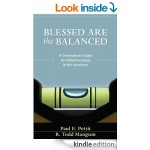
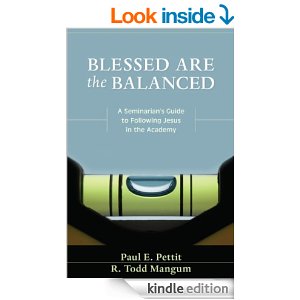
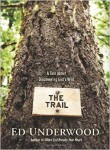
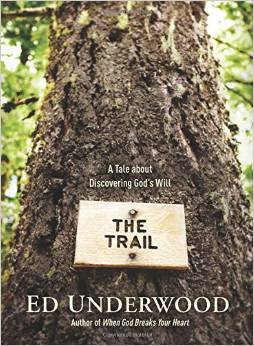


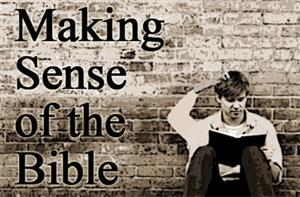 As I finished the book, it gave me a new hope that the Bible is for today, and that God can speak to me through the pages of Scripture. Yet it did this by arguing against the traditional doctrines of inspiration and inerrancy, showing that the way these doctrines are taught today was not the way they were understood in the early church, and is not even what Scripture says about itself. Yet this does not mean the Bible not inspired, or that the Bible is hopelessly full of errors and cannot be trusted. Far from it, Adam Hamilton shows how we can trust the Bible, and how the Holy Spirit breathes life into the Bible so that we can understand it for today.
As I finished the book, it gave me a new hope that the Bible is for today, and that God can speak to me through the pages of Scripture. Yet it did this by arguing against the traditional doctrines of inspiration and inerrancy, showing that the way these doctrines are taught today was not the way they were understood in the early church, and is not even what Scripture says about itself. Yet this does not mean the Bible not inspired, or that the Bible is hopelessly full of errors and cannot be trusted. Far from it, Adam Hamilton shows how we can trust the Bible, and how the Holy Spirit breathes life into the Bible so that we can understand it for today. 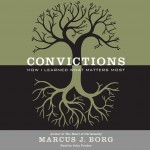
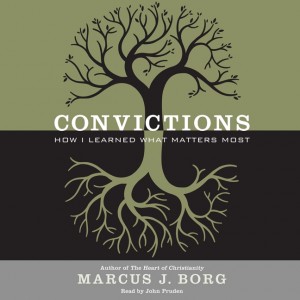
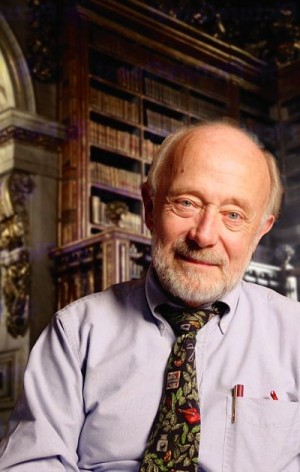 Among his convictions which Marcus Borg explains in his book is the idea that salvation is about way more than just going to heaven when we die. As I have argued for years, the Gospel is about all of life, not just what happens to us after death. Salvation is not just about how we will live in the hereafter, but also how we live in the here and now.
Among his convictions which Marcus Borg explains in his book is the idea that salvation is about way more than just going to heaven when we die. As I have argued for years, the Gospel is about all of life, not just what happens to us after death. Salvation is not just about how we will live in the hereafter, but also how we live in the here and now.